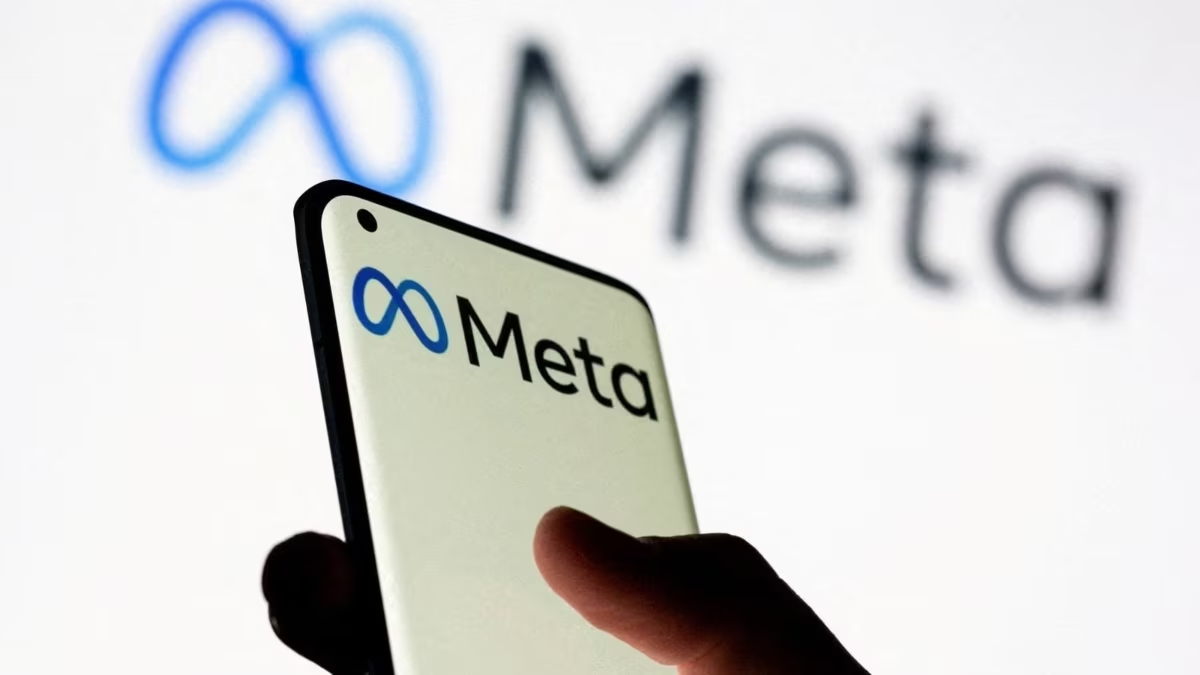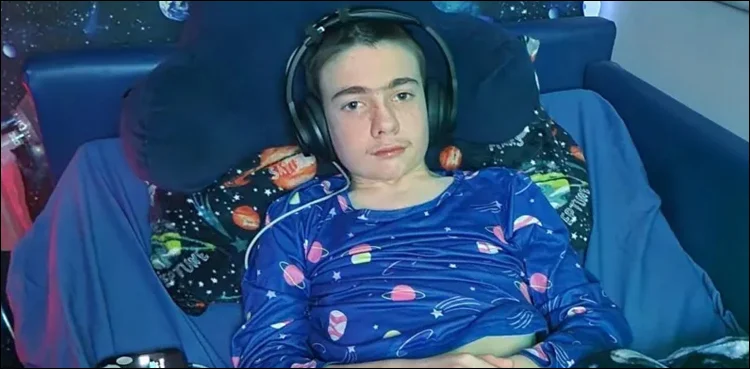On Tuesday, Meta Platforms, the parent company of Facebook and Instagram, unveiled an expansion of its suite of generative AI ads products, offering tools capable of automatically creating variations of images and overlaying text on them.
During a press conference, executives revealed that the tool would initially launch in a test form without the watermarks applied by Meta AI assistant to all user-generated images, which the company has emphasized as a crucial safety feature.
John Hegeman, Meta’s head of monetization, disclosed that the company is still refining its approach to labeling for ads and intends to share guidelines before the tool’s global rollout, anticipated around the end of this year.
This announcement aligns with Meta’s substantial investment in developing and supporting its generative AI models, as it seeks to persuade advertisers of the benefits of automating creative aspects of their campaigns.
In February, Google, another digital advertising giant, announced a similar expansion of AI ads tools, stating that ads created with its tools would be labeled using SynthID watermarking technology developed by its AI research lab, DeepMind.
Meta’s image generation tool enables advertisers to upload product images and generate alternative versions by adjusting orientations or depicting product usage in diverse settings.
Moreover, Meta is enhancing its text-generation capabilities for headlines and key selling points, allowing the overlay of text directly onto generated images. In the upcoming months, advertisers will have the option to input text prompts for tailoring image variations.
However, like previous generative AI tools, advertisers in regulated industries such as politics will be prohibited from using these products.
While advertisers have eagerly embraced AI ads tools for automating campaign placement, there has been more caution surrounding newer generative AI tools. Some brands have expressed concerns about the potential use of uploaded images by tech companies to enhance models, fearing the misuse of logos or other intellectual property in generated images.



